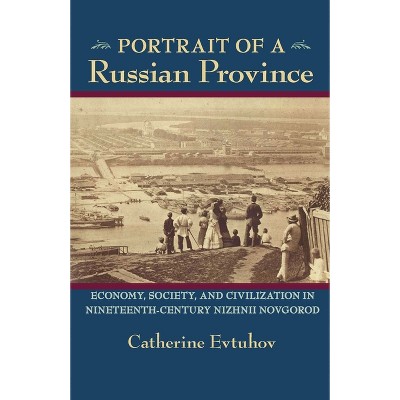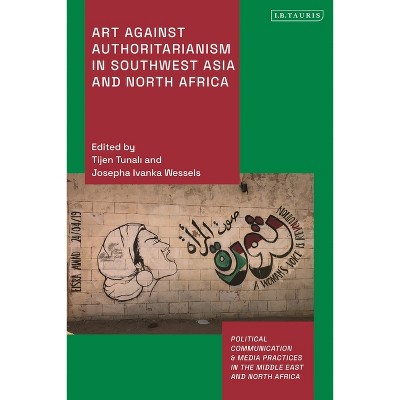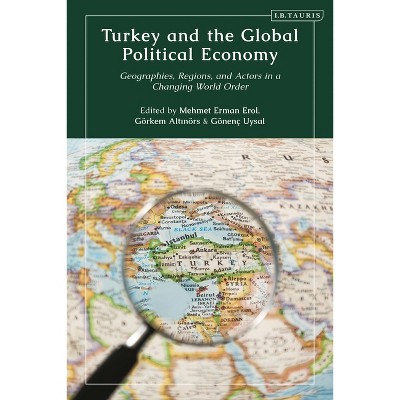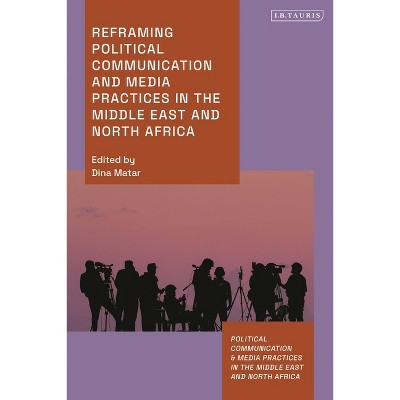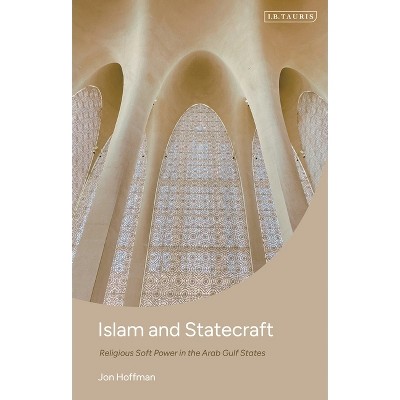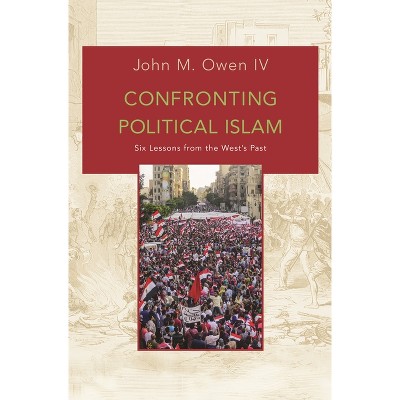Sponsored

Political Islam at the Crossroads - by Ayfer Erdogan & Shaimaa Magued (Hardcover)
In Stock
Sponsored
About this item
Highlights
- A comparative analysis of Islamist groups' ideological positioning toward nation-state, secularism, and democracy across different countries in the MENA region.
- About the Author: Ayfer Erdogan is Lecturer at the Department of Modern Languages, Yildiz Technical University, Istanbul.
- 272 Pages
- Political Science, World
Description
About the Book
An comparative analysis of Islamist groups' ideological positioning toward nation-state, secularism, and democracy across different countries in the MENA region.Book Synopsis
A comparative analysis of Islamist groups' ideological positioning toward nation-state, secularism, and democracy across different countries in the MENA region.
Authoritarian reassertion following the Arab uprisings in the Middle East has restrained Islamists' political participation and challenged their survival as both opposition groups and rulers. In light of national sociopolitical variations across the region, this book explores Islamists' means of adaptation and resilience in the face of this political exclusion, unpacking Islamists' sociopolitical persistence and ideological sustainability. In doing so this book sheds light on the following questions: How did Islamists adapt to contextual restrictions in terms of repression and stigmatization? How did the Arab uprisings impact their internal debates, ideological revisions, and reconsideration of tools of action? Individual chapters explore similarities and divergences among Islamist groups and parties in terms of ideological affiliations, means of survival and political participation strategies, drawing on comparative cases from across the MENA region. Examples include the Muslim Brotherhood in Egypt, Al-Nahda in Tunisia, the AKP (Justice and Development Party) in Turkey, Hezbollah in Lebanon, Hamas in Palestine, and the Islamic State in Syria and Iraq. These studies engage critically with conceptual debates related to Islamism, post-Islamism, Jihadist Islam, and the Islamic nation/community (ummah) to determine the trajectory of political Islam in the MENA.Review Quotes
"A welcome book to shed light on the latest developments affecting political Islam, both as an ideology and as a collection of social and political movements. Highly recommended reading." --Mohamed-Ali Adraoui, Georgetown University, School of Foreign Service, US
About the Author
Ayfer Erdogan is Lecturer at the Department of Modern Languages, Yildiz Technical University, Istanbul. Her research focuses on Third Wave of Democratization, Authoritarianism, Mass Movements, Civil Society and the Middle East Politics. She has published widely on Democratic Transitions, Arab Spring, Turkish Foreign Policy, Islamist Movements/ Parties and contemporary issues surrounding the Middle East Politics. She is the author of Arab Spring-Arab Fall: Divergent Transitions of Tunisia and Egypt post Arab-Spring.
Shaimaa Magued is Associate Professor at the Faculty of Economics and Political Science, Cairo University and the British University in Egypt. Her works focus on International Relations of the Middle East, Identity Politics, Foreign Policy Analysis, and Transnational Advocacy. Her works have been widely published in Mediterranean Politics, Current Sociology, Critical Sociology, International Political Science Review, Gender Studies, and Politics. She received the Fulbright Scholar-in-Residence Award, the Carnegie Short-Term Award, and the Ernest Mach Research Award.Shipping details
Return details
Frequently bought together

Trending Non-Fiction





